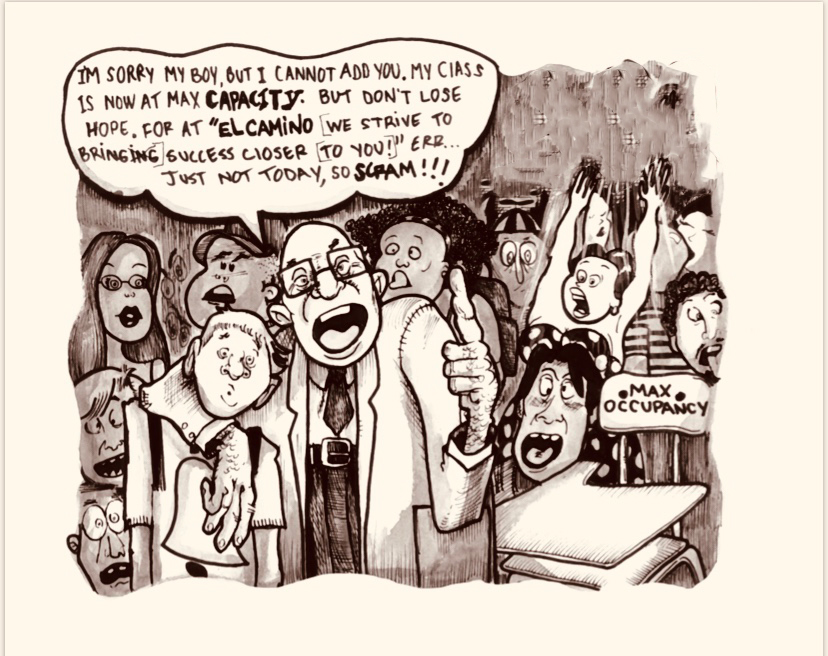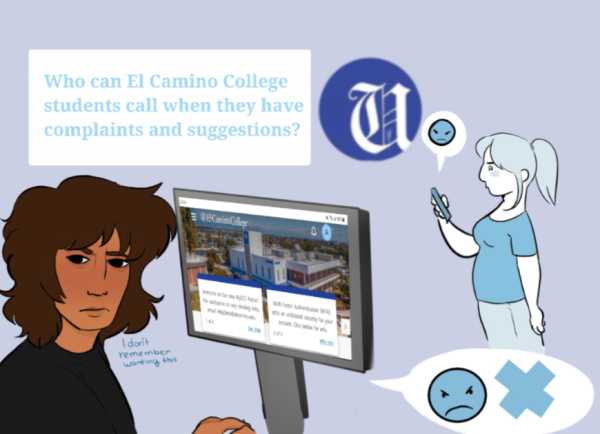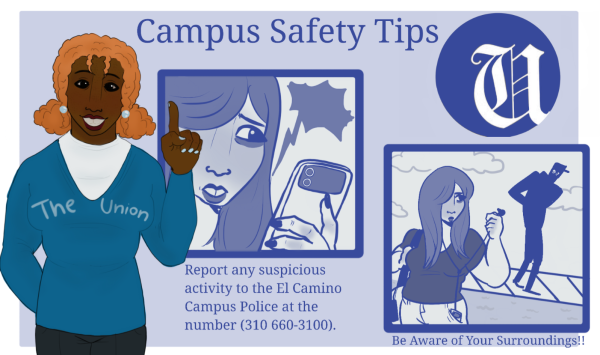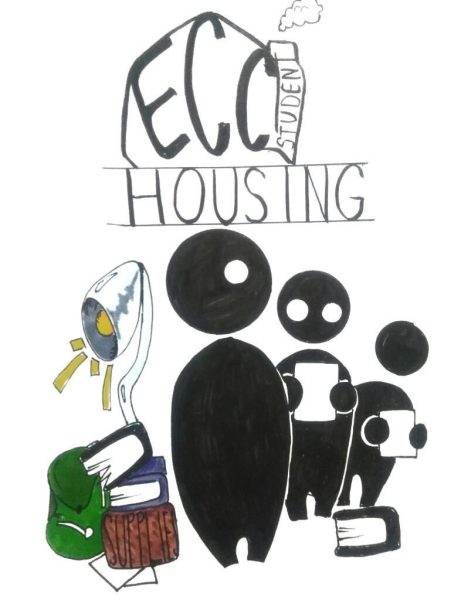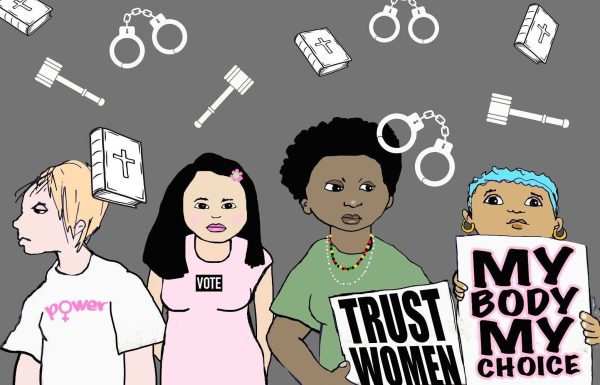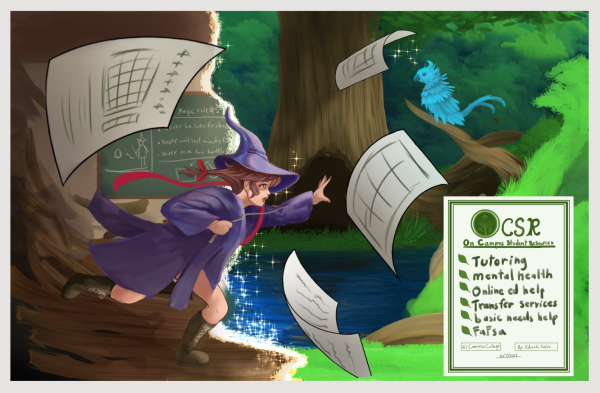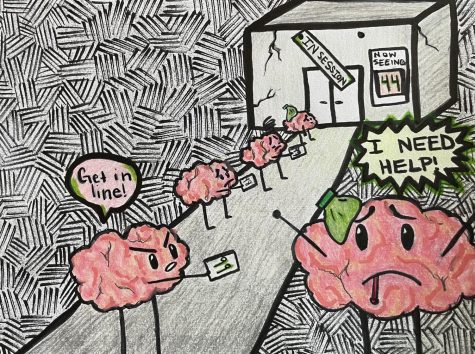College district needs address issues that impact faculty
Faculty members at El Camino College have voiced to district officials their concerns about working conditions, health benefits and pay disparities. As individuals who have a passion to educate, enlighten and aid students, their voices need to be heard.
The Union strongly recommends that the El Camino Community College District (ECCCD) should take faculty concerns seriously before current working conditions and issues under the most recently signed faculty union contract begin to erode students’ academic experiences at ECC.
The Union also supports the efforts made by ECC’s faculty union, formally known as the El Camino College Federation of Teachers (ECCFT), to create a better environment for faculty at ECC, which in turn will provide a more robust academic experience for students.
The most recent contract between ECC’s faculty union and the ECCCD was effective from Jan. 1, 2017, until Dec. 31, 2019. The agreement is composed of ECC employees’ working rights, conditions, requirements, and salaries.
In preparation for the contract expiring, ECC’s faculty union has undergone contract negotiations with the district since August 2019. As negotiations prolonged, the previous contract was extended for another semester until a new contract could be signed.
As these negotiations have been taking place, ECC’s faculty union is fighting for a number of changes to make the working environment at ECC better. This includes addressing lab-to-lecture parity, as professors who teach labs are paid less than the amount they get paid for teaching lectures despite hands-on instruction time with students are the same between lectures and labs if not more.
Additionally, at ECC, adjunct instructors are not paid for having office hours with students, so if adjunct instructors do sit down with students and help them out with course material or instruction outside of class time, they essentially do it for free.
Another issue being addressed by ECC’s faculty union is the 10-month contract applied to counselors. For two months out of the academic year, counselors are not paid for meeting with students. What precedent does that set for students who are seeking academic guidance?
Other issues that ECC’s faculty union is also negotiating include addressing the need for better healthcare benefits and finding more holistic methods of gauging performance evaluations.
ECC faculty have been negotiating these issues and more for over eight months. They have also participated in job actions, a method of increasing awareness of ongoing contract negotiations by strictly abiding to the obligations of current contracts.
Some counselors did not meet with students in the month of January due to contract requirements paying them for only 10 months of work, not 12. Some counselors who did meet with students met with them knowing they would not be paid for the work they are employed for.
Furthermore, in the first two weeks of the 2020 spring semester, many professors began turning away students looking to add courses once their classes reached capacity since the current contract only obligates them to fill their classes to capacity.
Students who have been turned away when trying to add a class to their schedule have lost the opportunity to complete college transfer requirements, and fundamentally strengthen their education. Students who were unable to access counselors for the month of January have been robbed of assistance and guidance to navigating through their college experience.
These actions were not taken by faculty members to give students a difficult time at ECC. Instead, this was done to raise awareness about how the district does not pay counselors and professors to go above and beyond and provide resources to students the way they are expected to.
In doing so, it ultimately impacts students negatively because counselors and professors are then forced to decide between not getting paid and helping students—and that’s an issue that boils down to the district not creating adequate resources for both faculty members and students.
Editorials are unsigned and are written and voted upon by the editorial board.


